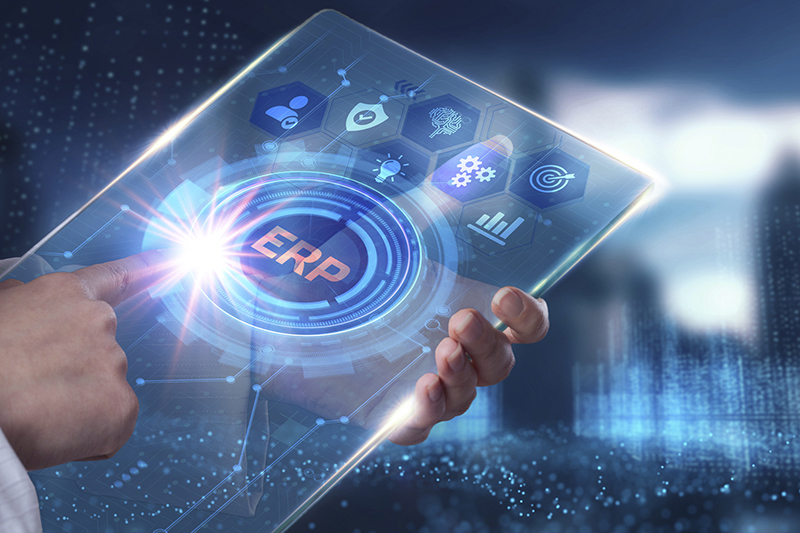Artificial Intelligence in the Plastics Sector of Singapore: The Beginning of an Era of Productivity and Standards
In the lively city of Singapore, the insertion of artificial intelligence (AI) into the plastics sector is converting the way businesses operate their activities. Actually, the use of AI agents and advanced ERP systems is changing the whole concept of enterprise resources planning, moving it to a new, more efficient, and compliant to the international standards level.
The plastics industry, the backbone of Singapore’s manufacturing sector, is turning to AI more and more frequently to fix the processes. AI agents such as those from OpenAI are being included in the ERP systems to improve the decision-making processes and operations. Those systems, besides being more efficient, also guarantee compliance with ISO standards and SDS requirements.
As businesses face a strong wave of pressure from the public for environmentally friendly practices, environmental protectionism is becoming a major issue for plastics firms. By-product management and mould management are stubborn issues where AI and ERP systems impact significantly. Besides, the incorporation of GenAI and DeepSeek technologies is allowing businesses to determine compliance issues and control them in advance.
MRP systems, CRP, and MES are also being introduced into the enterprise resources planning system as a result of the development. These systems are crucial for managing materials, resources, and production schedules to ensure the firms respond to the demands of a competitive market. IQC processes are now being clear-cut through AI, which ensures quality control in the entire production stage.
Singapore, a strategic placement for innovation, is garnering global interest. The city-state has been setting a path for the plastics sector across the globe with its commitment to AI and advanced ERP systems. However, it’s worth noting that the addition of these technologies comes with challenges. Companies are confronted with the arduous journey of compliance and data management which invariably affects the efficiency of their operations and drives up costs.
AI has not only affected the plastics industry in terms of operational efficiency but has also been a catalyst for the innovation of products and the customer experience. AI agents are being deployed to detect market trends and consumer preferences so that the firms can modify their offerings according to the changing demands in the market .

This evolution, which is more data-driven, is benefiting the firms as it is allowing them to be one step ahead of their competitors in the dynamically evolving market.
A cloud-native ERP widely adopted by business in Singapore, Malaysia, Hong Kong and China. With over 6,000 customers in the region, aiM18 gains positive feedbacks from customer across different sectors, from manufacturers, distributors, retailers, service providers to NGOs. The renowned no-code approach saves customer a big sum of customization costs and countless hours of implementation man-days.
About LAIDFU (Let AI Do For You)
A configurable AI agent specifically designed for business use. Enterprise-class Data Guard functionality distinguishes LAIDFU from other consumer AI like chatbot or copywriting tools. Data Guard removes the hurdle of AI adoption by most companies in using sensitive corporate data. Powered by no-code approach, deployment of LAIDFU incurs far less developers (and development costs) in comparison with other AI studios.